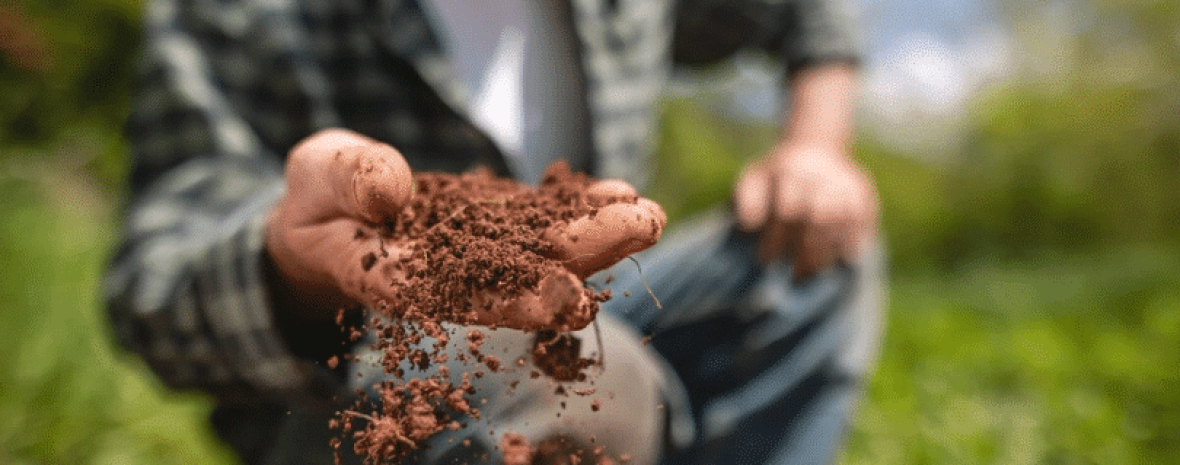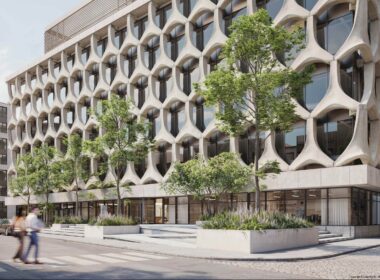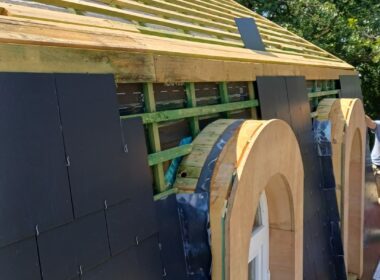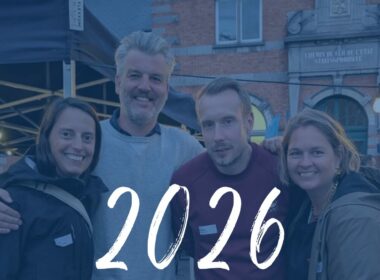Soil is essential to life on earth. To preserve this precious resource, Brussels Environment (BE) has set up the Good Soil plan. Its goals are to map land quality, develop sustainable soil management in Brussels, and combat everything that threatens soil (and therefore life!): pollution, sealing, erosion, etc. Ultimately, to improve the lives of the people of Brussels.
A vital treasure beneath our feet
We tread on it every day without realising it. Yet soil is an extremely precious resource. It is essential to life. Soil is the bark of our planet, acting as an intermediary between air, water and rock. It also supports vegetation and many forms of life on earth. Without soil, it is impossible to filter rainwater naturally and, above all, to feed ourselves. Soils provide a number of ecosystem services to meet human needs.
Soil, at your service!
Among the ecosystem services provided by nature, soil:
- transfers water between the atmosphere and the water table. By filtering and purifying rainwater to provide a healthy supply of groundwater, the soil acts as a carbon sink (organic matter);
- provides support and habitat for flora (biodiversity and associated exploitation), as well as numerous insects, fungi, bacteria, etc. It is a veritable reservoir of biodiversity, home to species essential to life on earth, such as earthworms;
- also plays a role in the cultural sector, preserving buried materials (archaeology and memory of the past), shaping the landscape according to its type, serving as building materials or for creating works of art (pigments, clay, etc.).
Soil and its ecosystem services therefore play a positive, and even vital role, performing functions that benefit both humans and the environment.
A limited resource under pressure
The soil formation process (pedogenesis) is extremely long. Soils are formed from the parent rock, under the influence of climate (precipitation, temperature, etc.) and organisms (plants, fungi, micro-organisms, etc.) that crack and alter the rock. Soil must therefore be considered as a finite resource, to be carefully preserved.
However, humans exert certain pressures on soils by exploiting them or modifying their configuration. The main pressures are:
- compaction (by machinery, trampling, etc.), which limits water infiltration capacity and suffocates biodiversity;
- surface sealing and ground coverings (especially in urban areas) that prevent rainwater infiltration and encourage runoff;
- soil erosion (wind, water and agricultural) tears away the surface layers of soil;
- soil contamination by chemicals.
Certain pressures can work in synergy, accentuating each other’s effects.
Scrutinising Brussels soils
Soil pollution inspection and management measures have been in force in the Brussels-Capital Region since 2005. These measures have also enabled landowners and property developers to gain a better understanding of the chemical quality of the soils in their areas. In some cases, these sites have been cleaned up to enable redevelopment. The Good Soil strategy was set up by Brussels Environment with a view to the general conservation of our soils.
Good Soil, better life
The Good Soil strategy looks at a more global aspect of soil condition in the environment, with the aim of the more sustainable and integrated management of soil in Brussels. To objectively assess the general condition of the soil, BE has defined a working tool, the IQSB (Brussels Soil Quality Index).
Through this tool, Brussels Environment aims to raise awareness among residents and urban project developers in the Brussels Region of the importance of the general condition of soils and the roles they can play. The aim is to objectively determine soil quality and integrate this into the project planned for the site. For example, better quality soils are more likely to be used for the development of nature and biodiversity, water infiltration, etc. Soils in poorer condition can be used for construction or surface sealing.
Thanks to this improved soil management, Good Soil aims to improve quality of life for the people of Brussels, while at the same time promoting the development of a more sustainable economy.
Would you like to know if you live on good quality soil? Contact Sol-Ex to determine the IQSB score of the different soils on your property.
Source: Sol-EX
Read also: Roofing sector in crisis: looking to innovative solutions for the future; Plant greenery on your roof to benefit from numerous advantages; Making buildings more energy-efficient and environmentally friendly cannot be improvised; Low tech as a way to mitigate the hidden environmental impact of buildings



